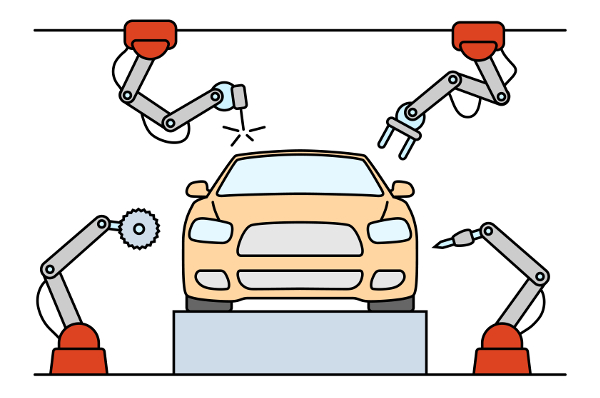
IMAGE/SHUTTERSTOCK
“It will soon be obvious that half our tasks can be done better at almost no cost by AI [artificial intelligence] and robots,” wrote venture capitalist Kai-Fu Lee to the technology community recently.
“This will be the fastest transition humankind has experienced,” he said, “and we’re not ready for it … not ready for the massive societal upheavals on the way.”
The transition from production by human labor to production by robots is entirely new; and yet, to understand how to deal with it, we, the workers of the world, can learn from the past.
Dr. Lee criticized his colleagues who aren’t trying to solve the problem. “What’s worse … is that they actually refuse to acknowledge the problem exists in the first place.”
“These changes are coming,” Lee said, “and we need to tell the truth and the whole truth. … These will be the best of times and the worst of times. If we act rationally and quickly, we can bask in what’s best rather than wallow in what’s worst.”
So true. We face a choice. On one hand, we can live equally and happily in the society of abundance that robotics makes possible.
On the other, we can live doubled up in small apartments, sleeping on the streets, or struggling back home on failing farms—if the powers that be let us live at all.
That’s what we face—and what our children and grandchildren face—if we don’t take hold of our society and reorganize it so the way to get fed, clothed, and housed is no longer only by working at jobs that no longer exist.
And while we have never faced this choice before, our ancestors have taken control of their lives and made major changes, from organizing and striking for living wages in the U.S. textile industry or dividing up the fincas of the latifundistas and returning the land to the indigenous villages in the Mexican Revolution.
